Wisconsin's tech colleges are focused on DEI initiatives too
With many students attending part time and coming from many different backgrounds, the Wisconsin Technical College System works to support diversity, equity and inclusion efforts among its 16 schools.
May 7, 2024
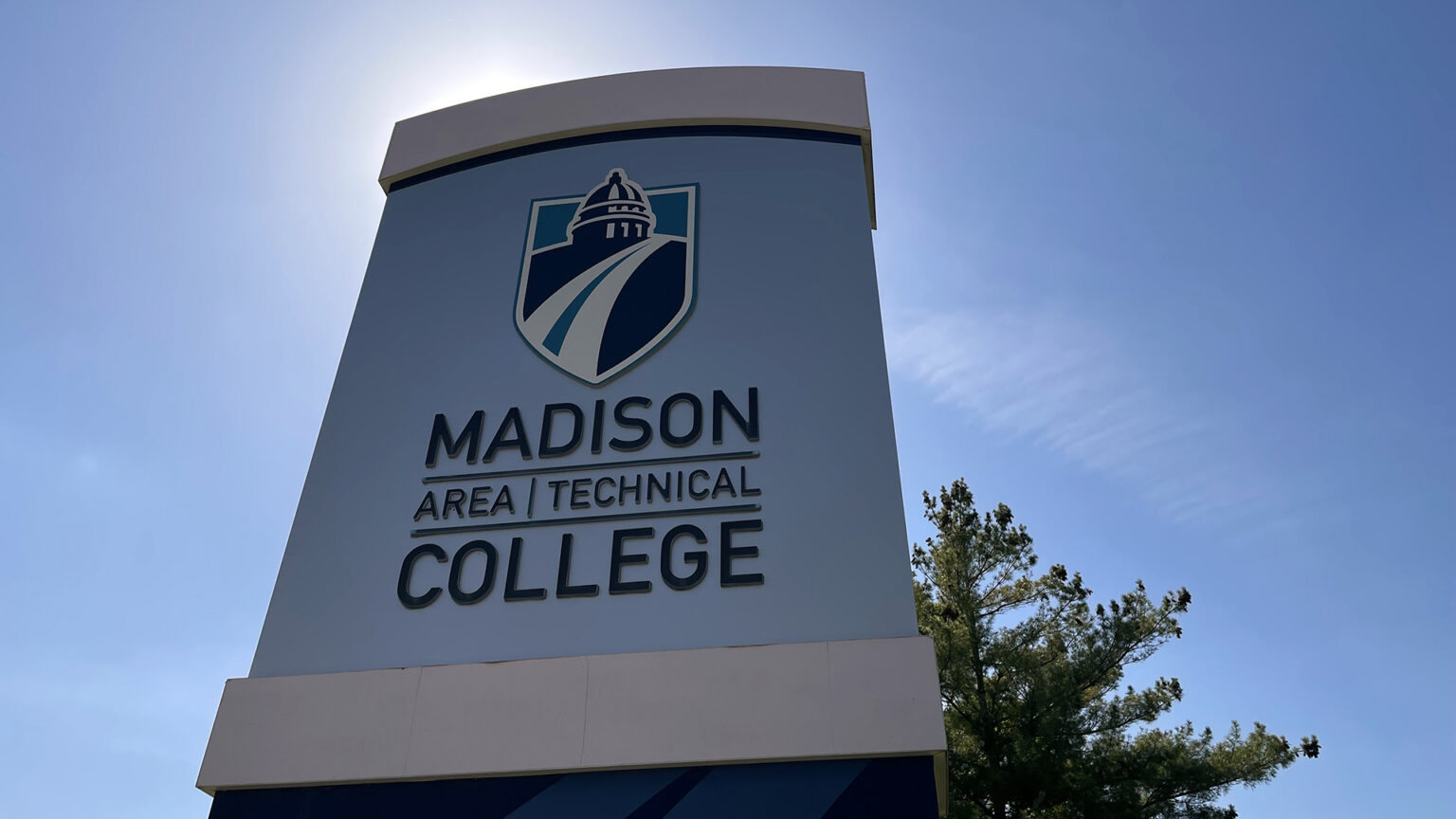
A sign marks the main campus of Madison College on May 6, 2024, on the east side of Madison. While the politics of DEI in higher education in the state have focused on the four-year college system, these initiatives are also a focus in the Wisconsin Technical College System. (Credit: Aditi Debnath / PBS Wisconsin)
For Courtney Chambers, a Black woman with a learning disability, the importance of diversity in education became evident at an early age. After moving to La Crosse from Chicago at 10 years old, she found herself struggling to fit in with her predominantly white classmates.
“I came up here, and it was all white,” said Chambers. “I had to adapt right away, I had to figure out how to find my voice – find my own skin.”
Now a 36-year-old student at Western Technical College studying human services, she appreciates increasing levels of diversity she has encountered through her educational journey.
“It was kind of exciting when I was growing up, and going to school and stuff,” said Chambers. “In elementary, I was the only person of color in my class, and until I kept going in education, I saw more people like me in my classrooms.”
Chambers was selected as a Wisconsin Technical College System Ambassador for the 2024-2025 school year. The program selects one student from each of the 16 colleges to participate in leadership development opportunities.
According to Mark Tyler, president of the Wisconsin Technical College System board, the state’s tech colleges boast a student population more racially diverse than Wisconsin’s overall demographics.
“There’s not a lot of institutions that can say that,” Tyler said.
However, the needs of technical college students are typically different from those at four-year colleges. At Western, 70% of its students are attending on a part-time basis, juggling classes, homework, work, family and other obligations. This busyness poses challenges for building an engaged campus community across diverse populations, which Chambers experienced firsthand when trying to start a student group for Black, Indigenous, and other students of color.
“I tried to start a group called BIPOC — like a Black, colors and Indigenous space,” Chambers said, “but I’ve been having a hard time [getting] people come in to commit.”
While Western Technical College acknowledges student engagement is improving with more participation in student organizations, equity remains a key focus area.
“Funding is always a challenge as this work requires sustained effort,” a Western spokesperson said. “Moving the needle on student outcomes can take years. A lot of times, our state and federal grants are given to use in one- or two- year pots of funding,meaning we need to continuously seek resources to sustain the good work we start.”
Tyler underscored the state system’s student-centric approach.
“We’ve become known for that, you know — you’re not just this big pool of people that go through like cattle,” he said. “We are focused on the individual and understanding what their needs are and what their challenges are, and making sure that we’re helping address them so that they’re successful when they’re done.”
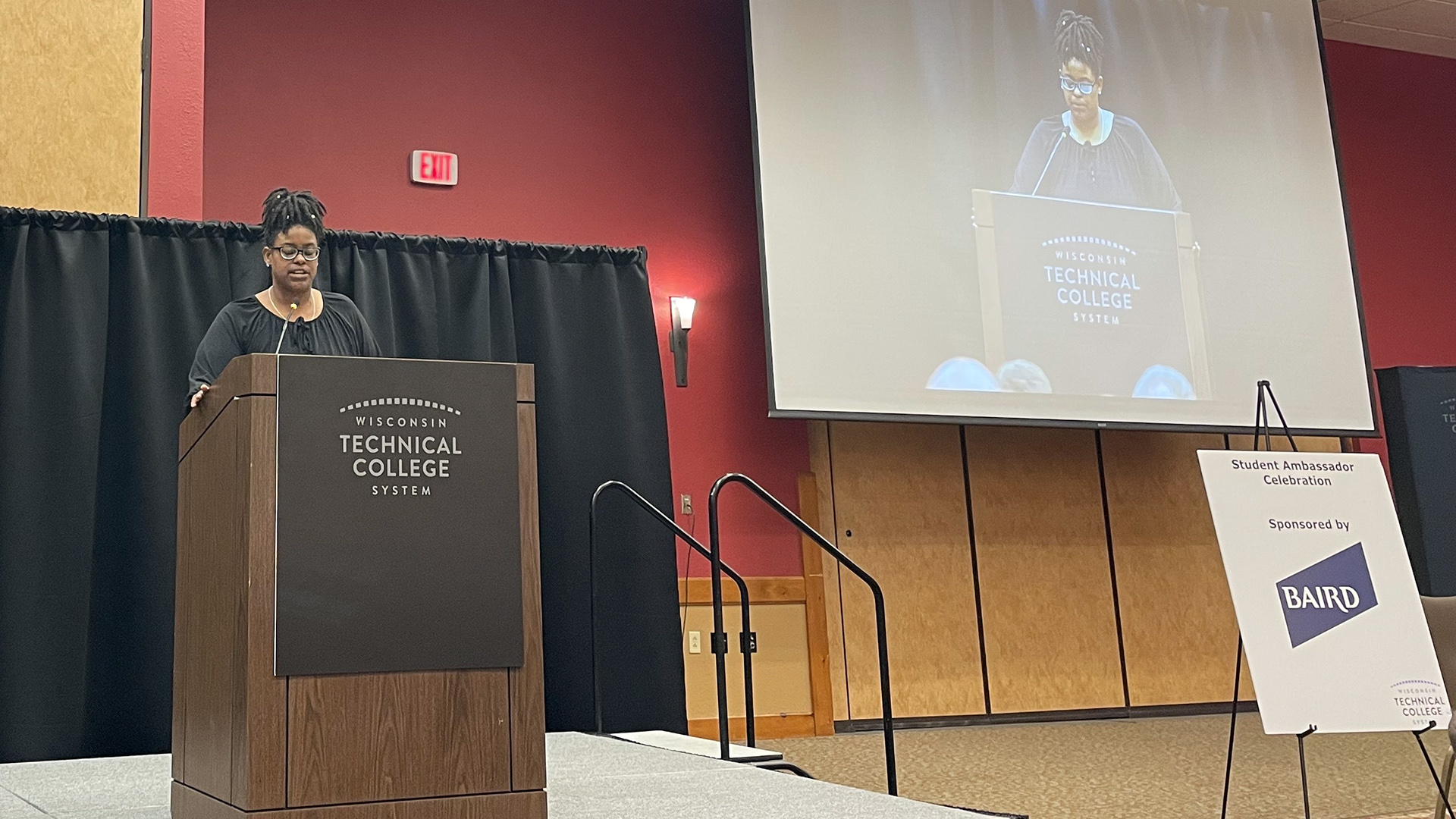
Courtney Chambers, a student at Western Technical College in La Crosse, speaks at the Wisconsin Technical College System Ambassador Banquet on April 18, 2024, in Wisconsin Dells. Chambers urges technical colleges in the state to provide support for students coming from diverse backgrounds. (Credit: Aditi Debnath / PBS Wisconsin)
As Republican state lawmakers continue to push for cuts to diversity, equity and inclusion (DEI) initiatives at higher education institutions, the cost of these programs has become a focal point of the debate. In December 2023, Wisconsin Assembly Speaker Robin Vos, R-Rochester, sought to withhold Universities of Wisconsin system funding until it eliminated DEI staff, until the UW Board of Regents struck a deal with the Legislature.
This standoff over UW funding signaled a broader review of such DEI efforts across state government. In March 2024, the Republican-controlled Legislature proceeded to fire two regents who hadn’t supported the deal. And on May 7, the Republican-controlled Wisconsin Legislature’s audit committee voted to conduct an in-depth review of DEI efforts and costs within state government.
Tyler is a member of the Board of Regents, and while he voted for the deal, he said the whole situation was unfair.
“I don’t think that diversity, equity and inclusion should be a bargaining chip, for getting needed resources to run the university,” he said, “I just thought that was not an appropriate way of doing things.”
However, assessing the amount spent on DEI staff and programs within the Wisconsin Technical College System is a complex task, as the definitions and organizational structures of these initiatives vary across colleges. For example, at Gateway Technical College based in Kenosha, disability support services fall under its Office of Diversity, Equity and Inclusion. At Fox Valley Technical College based in Appleton, this type of support can be requested through an office called Disability-Related & Educational Support Services. Fox Valley does have a DEI office, however its funding for disability services is not included in the school’s DEI budget.
For the 2022-2023 academic year, the total amount spent on DEI in the statewide tech college system was approximately $8,138,000, based on figures provided by all 16 institutions. To put this number into perspective, Madison College had one of the largest DEI budget lines at $1.99 million, a figure that represents less than 2% of its total annual operating budget.
Seven of the 16 colleges in the system don’t have an official office focusing on diversity, equity and inclusion: Blackhawk, Chippewa Valley, Mid-State, Nicolet, Northcentral, Northwood and Southwest. However, all of these colleges have received grant money that they put toward equity and inclusion work, as well as staff positions supported by general funds that could be considered part of their DEI efforts. These staff positions are not included in calculations of total DEI spending since their job titles didn’t specifically reference DEI.
DEI initiatives in higher education are meant to support students from underrepresented backgrounds, including race, gender, disabilities, and other aspects of identity.
At Western, Chambers excels in classes thanks to the disability accommodations and other opportunities available to her. She encourages technical colleges to actively engage with their underrepresented students when developing strategies to promote diversity.
“Talk to the students who have experience on campus,” Chambers said, “Talk to people of color. Talk to people Indigenous and people LGBTQ. Make sure they have what they need.”
 Passport
Passport






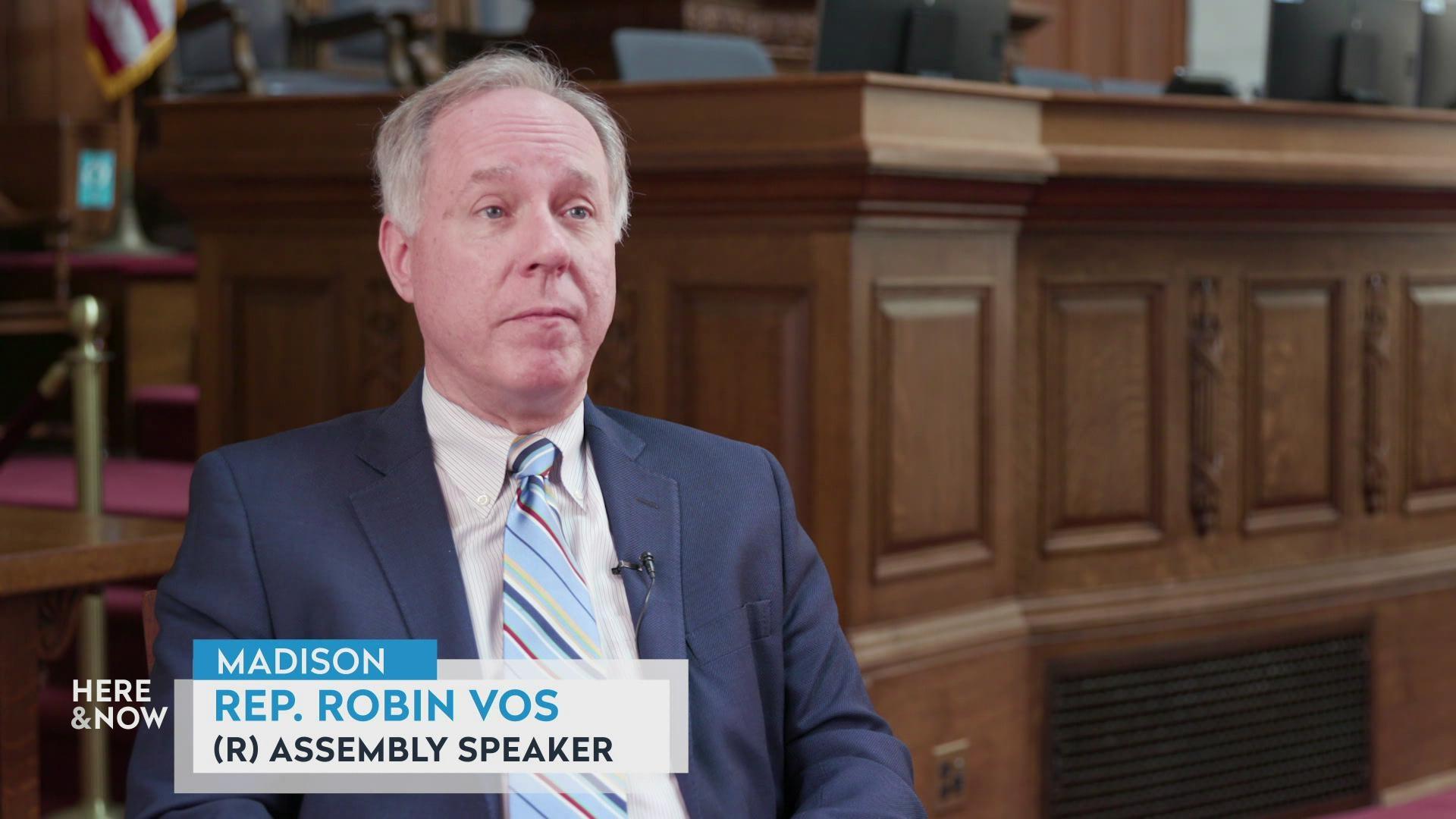
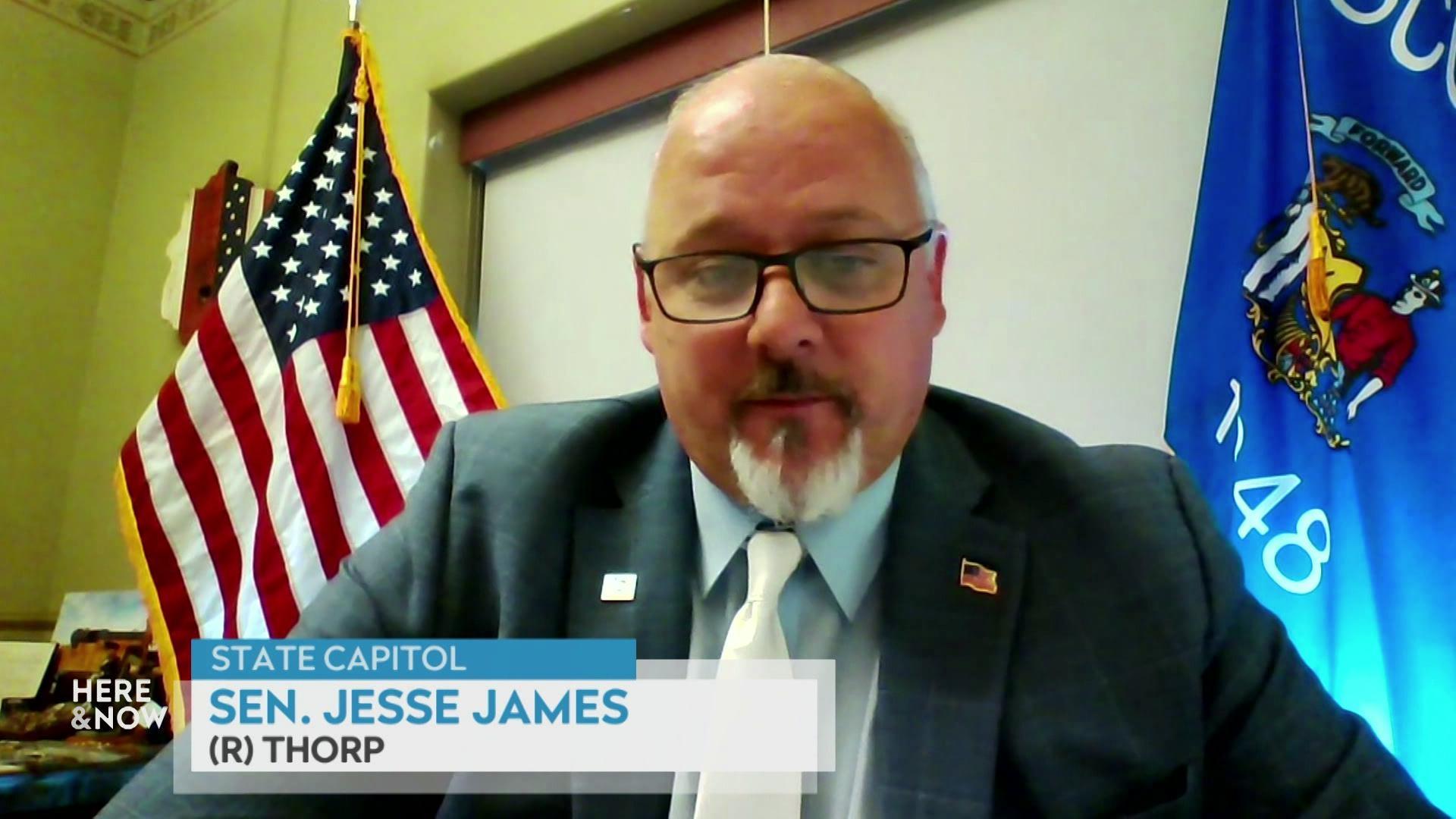
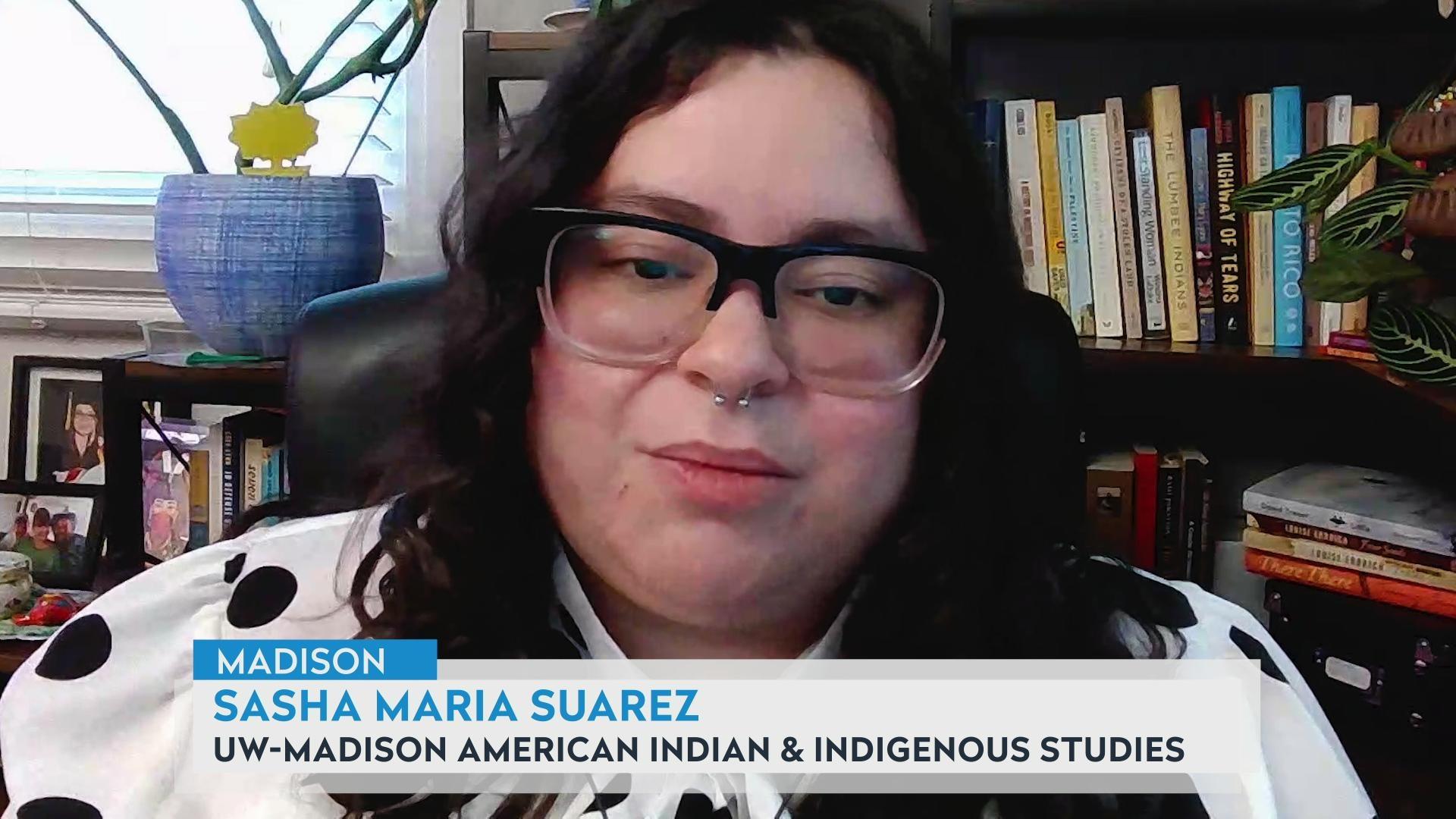
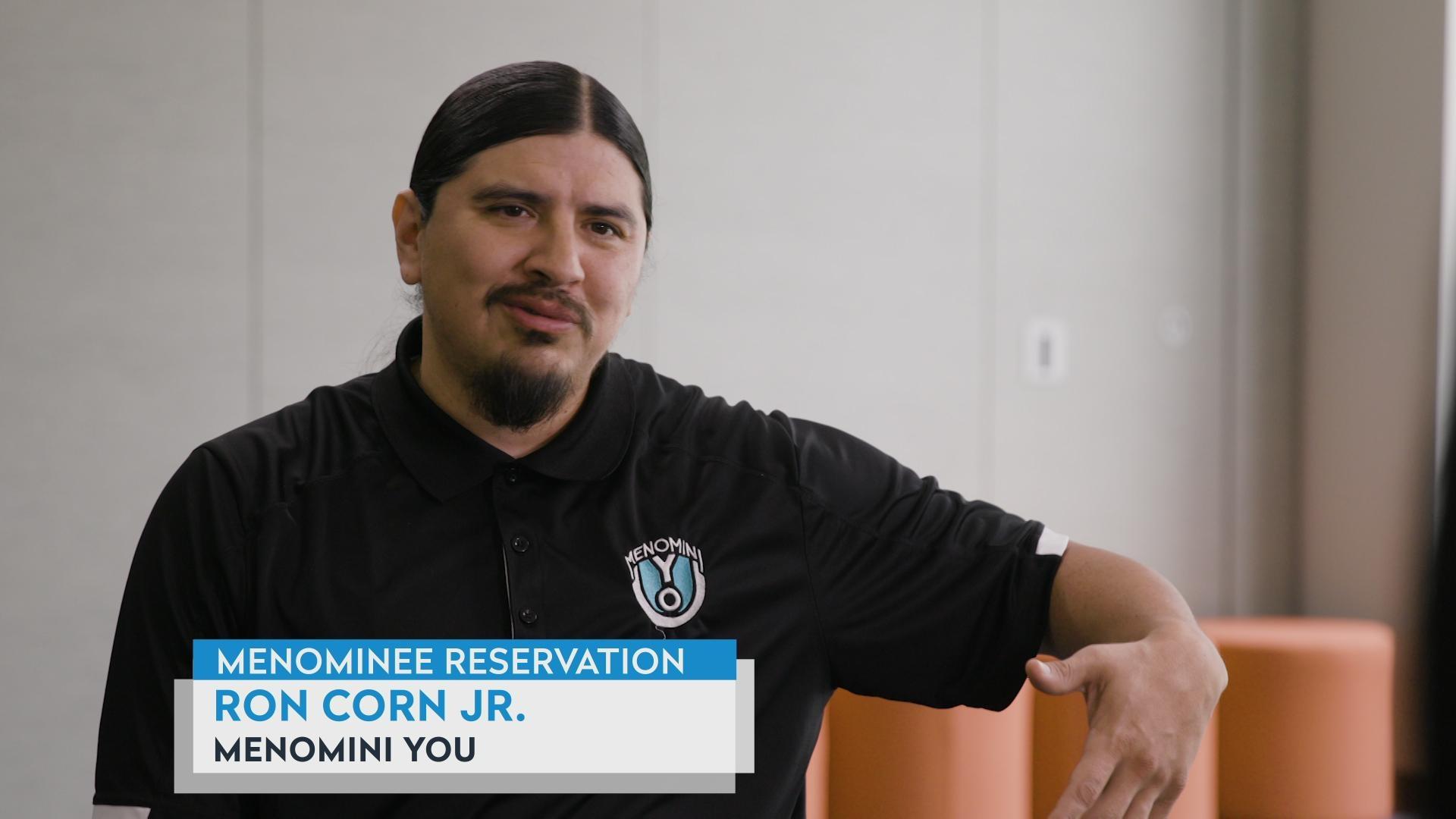

Follow Us